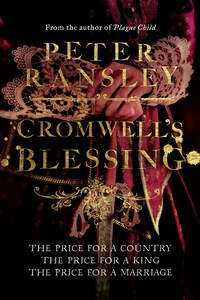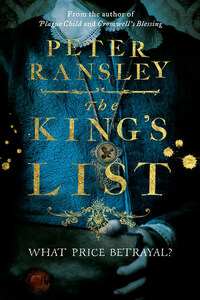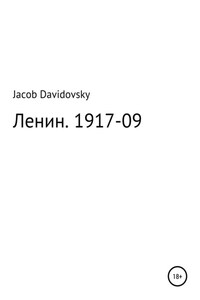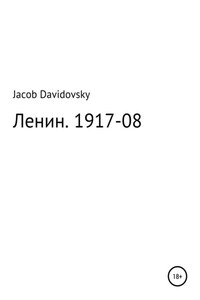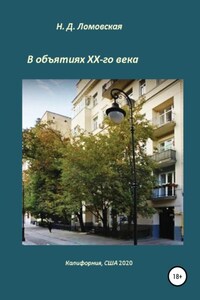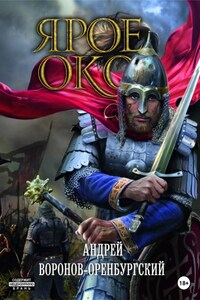HarperPress
An imprint of HarperCollinsPublishers
77–85 Fulham Palace Road
Hammersmith, London W6 8JB
www.harpercollins.co.uk
First published in Great Britain by HarperPress in 2012
Copyright © Peter Ransley 2012
Peter Ransley asserts the moral right to be identified as the author of this work.
A catalogue record for this book is available from the British Library.
All rights reserved under International and Pan-American Copyright Conventions. By payment of the required fees, you have been granted the non-exclusive, non-transferable right to access and read the text of this e-book on-screen. No part of this text may be reproduced, transmitted, down-loaded, decompiled, reverse engineered, or stored in or introduced into any information storage and retrieval system, in any form or by any means, whether electronic or mechanical, now known or hereinafter invented, without the express written permission of HarperCollins.
Source ISBN: 9780007312405
Ebook Edition © September 2014 ISBN: 9780007463596
Version: 2014-10-10
I could not stop shivering. That February morning in 1647 was the coldest, bleakest morning of the whole winter, but it was going to be far colder, far bleaker for Trooper Scogman when I told him he was going to be hanged.
Most mornings I woke up and knew exactly who I was: Major Thomas Stonehouse, heir to the great estate of Highpoint near Oxford, if my grandfather, Lord Stonehouse, was to be believed. Now the Civil War was over, sometimes, in that first moment of waking, I woke up as Tom Neave, one-time bastard, usurper and scurrilous pamphleteer.
That morning was one of them.
I should have left it up to Sergeant Potter to tell Scogman, but he would have relished it: taunted Scogman, left him in suspense. At least I would tell him straight out.
My regiment was billeted at a farm near Dutton’s End, Essex, part of an estate seized by Parliament from a Royalist who had fled the country. The pail outside was solid ice. The dog opened one eye before curling back into a tight ball. Straw, frosted over in the yard, snapped under my boots like icicles. A crow seemed scarcely able to lift its wings as it drifted over the soldiers’ tents.
More soldiers in their red uniforms were snoring in the barns, where horses were also stabled. We were a cavalry unit, the justification for calling Cromwell’s New Model Army both new and a model for the future. Whereas the foot soldiers were pressed men, who would desert as soon as you turned your back, the cavalry were volunteers. They were the sons of yeomen or tradesmen, who brought to war the discipline of their Guilds. They joined not just for the better pay – and the horse which would carry their packs – but because they were God-fearing and believed in Parliament.
Except for Scogman.
I approached the wooden shed which was the camp’s makeshift prison. I half-hoped Scogman had escaped, but I could see the padlock, still intact, and the guard asleep, huddled in blankets.
Scogman on the loose would have been worse. The countryside would have been up in arms. Villagers resented us enough when we were fighting the war. Now it was over, and we were still here, they hated us.
Six months had passed since the Royalist defeat at the battle of Naseby. Yet the King was in the hands of the Scots. We were supposed to be on the same side – but the Scots would not leave England until they were paid and there were rumours they were doing a secret deal with the King. In spite of the stone in his bladder, his piles and his liver, Lord Stonehouse was in Newcastle, negotiating for the release of the King.
‘We could not govern with him,’ he wrote tersely to me. ‘But we cannot govern without him.’
The guard, Kenwick, was a stationer’s son from Holborn – I knew them all by their trades. I prodded him gently with my boot. ‘Still there, is he?’
Kenwick shot up, turning with a look of terror towards the shed, as if expecting to see the padlock broken, the door yawning open. He saluted, found the key and made up for being asleep on duty by bringing the butt of his musket down on a bundle of straw rising and falling in the corner. The bundle groaned but scarcely moved. Kenwick brought the butt down more viciously. The bundle swore at him and began to part. Somehow, I thought resentfully, even in these unpromising conditions, Scogman managed to build up a fug of heat not found anywhere else on camp.
